Beet juice is packed with antioxidants, electrolytes, and other compounds that may support cardiovascular and cognitive health, among other advantages.
The beet is a rounded, sweet root vegetable that people tend to either adore or dislike. It’s not a newcomer, but over the past decade it has gained recognition as a superfood.
Studies indicate that consuming beet juice, also called beetroot juice, might provide health benefits. Here’s a summary of what researchers have found.

1. May help reduce blood pressure
Beet juice might assist in lowering blood pressure. A study found that nitrates from beetroot juice reduced systolic blood pressure in adults with hypertension.
Nitrates are compounds in beet juice that are converted into nitric oxide in the bloodstream, which helps dilate and relax blood vessels.
2. May enhance exercise endurance
Consuming beet juice can raise plasma nitrate levels and potentially improve physical performance.
One review concluded that short-term intake of beetroot juice (over 5–6 days) may yield the following outcomes:
- better performance in time trials
- longer time to exhaustion
- improved cardiorespiratory function
The authors also noted that combining beetroot juice with caffeine could blunt some of the positive effects, although further research is necessary.
3. May boost muscle power in people with heart failure
Findings from a study suggest that drinking 70 mL (about one-third cup) of beetroot juice daily for one week may enhance exercise capacity in older adults with heart failure.
The investigators observed a 24% improvement in participants’ aerobic endurance.
4. May help with weight management
Pure beet juice is low in calories and contains virtually no fat, making it a solid addition to morning smoothies. It can provide a nutrient and energy lift at the start of your day.
Keep in mind, however, that it does contain relatively high levels of natural sugars.
5. May lower cancer risk
Beets owe their vivid hue to betalains, water-soluble antioxidants. They also contain other flavonoids and polyphenolic compounds that may have antioxidant and anti-inflammatory effects.
Betalains and similar antioxidants may neutralize free radicals — unstable molecules that, in excess, can drive inflammation and potentially increase cancer risk.
6. May support health during chemotherapy
Evidence suggests beetroot juice may possess chemoprotective qualities, meaning it could help lessen side effects and tissue damage from chemotherapy, including fatigue.
However, the review authors caution that additional studies are required, particularly to determine whether beetroot juice might interact with chemotherapy drugs or other medications.
7. Good source of potassium
Beets provide potassium, an essential mineral and electrolyte that helps nerves and muscles operate correctly. Drinking beet juice in moderation can help maintain healthy potassium levels.
Low potassium can cause tiredness, weakness, and muscle cramps; very low levels may trigger dangerous heart rhythm disturbances.
Conversely, excessively high potassium can produce similar symptoms and be life-threatening.
People with chronic kidney disease or end-stage renal disease often need to follow a low-potassium diet, so check with a healthcare provider before regularly consuming beet juice.
8. Good source of other minerals
Your body needs essential minerals to function. Some strengthen your immune defenses, while others support bone and dental health.
In addition to potassium, beet juice contains:
- iron
- magnesium
- manganese
- sodium
- zinc
- copper
- selenium
9. Good source of folate
Folate is a B vitamin that helps prevent neural tube defects such as spina bifida and anencephaly and may lower the risk of premature birth.
Beet juice supplies a useful amount of folate. If you’re pregnant, increasing folate in your diet can help you reach the recommended daily intake for pregnant individuals.
10. May support liver health
The antioxidant betaine may help prevent or reduce fatty buildup in the liver, according to research. Betaine might also protect the liver from toxins, though more study is needed.
Fatty deposits in the liver can contribute to nonalcoholic fatty liver disease, which can result from:
- a poor diet
- excessive alcohol intake
- exposure to toxic substances
- a sedentary lifestyle
11. May help decrease cholesterol
If you have elevated cholesterol, consider incorporating beet juice into your diet.
The pigment betanin in beetroot juice may reduce LDL, commonly known as “bad” cholesterol.
A review noted that beetroot juice could positively affect both LDL and HDL, or “good” cholesterol, based on multiple cited studies.
Researchers think beetroot’s cholesterol-lowering effects are likely related to its phytonutrients, such as flavonoids.
Precautions
After consuming beets, your urine and stools may appear red or pink; this harmless condition is called beeturia and can be surprising if unexpected.
If you already have low blood pressure, regularly drinking beet juice might increase the chance of your pressure falling too low. Monitor your blood pressure closely.
Those prone to calcium oxalate kidney stones may need to avoid beet juice. Beets contain oxalates, naturally occurring compounds that can crystallize in urine and contribute to stone formation.
Frequently asked questions about beet juice
Do beets really lower your blood pressure?
Yes — the nitrates in beets can meaningfully reduce blood pressure.
Both raw and cooked beets have been shown to lower blood pressure, but raw beet juice appears to have a stronger effect.
Is it OK to drink beet juice every day?
Beet juice delivers valuable nutrients like antioxidants, vitamins, and minerals.
Regular consumption may support health, reduce inflammation, and enhance exercise endurance, among other potential benefits.
Is there a downside to drinking beet juice?
A 2020 study found that beetroot juice is high in nitrate, which the body converts to nitric oxide after ingestion. Nitric oxide plays many roles, including lowering blood pressure and improving oxygen and nutrient delivery to muscles and organs.
Possible drawbacks stem from consuming nitrate above recommended daily limits. Excessive nitrate intake could promote formation of N-nitroso compounds, which are linked to carcinogenicity and other harms.
However, researchers emphasize that evidence on the negative effects of beetroot juice is limited and more research is needed to fully assess the risks.
Does beet juice detox your body?
Your body detoxifies naturally without relying on a single food or drink. Organs such as the kidneys, liver, and digestive tract usually handle toxin elimination.
Still, beet juice contains nutrients that may support overall health when combined with a balanced diet.
What is beet juice good for?
Beet juice is a rich source of potassium and other essential minerals like iron and manganese.
Regularly drinking beet juice may help:
- lower blood pressure
- reduce LDL or “bad” cholesterol
- improve exercise endurance
- improve muscle strength in people with heart failure
- support healthy weight maintenance
- prevent or reduce fatty liver deposits
- support general health during chemotherapy
The bottom line
Beets are nutritious regardless of preparation method.
If you find straight beet juice too earthy, try blending in apple slices, mint, citrus, or a carrot to mellow the flavor.
When adding beet juice to your routine, start slowly. Begin with juice from half a small beet to observe how your body reacts, and increase gradually as tolerated.

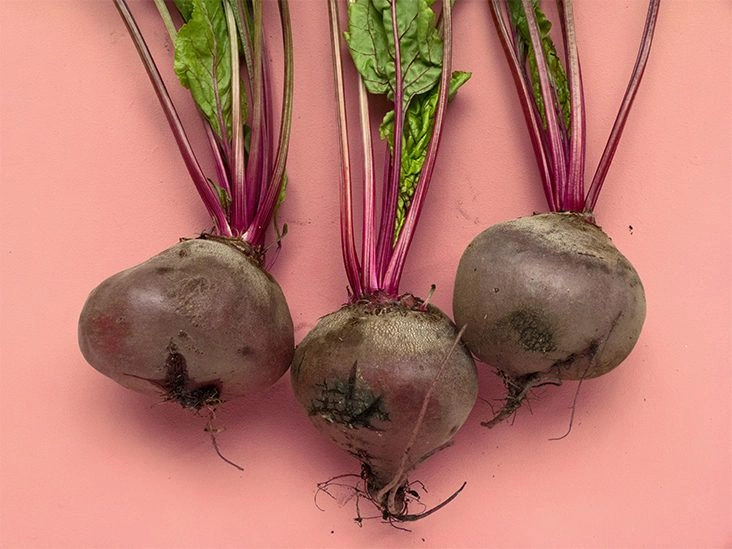
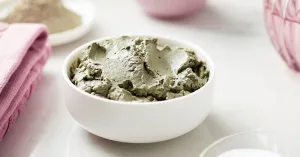
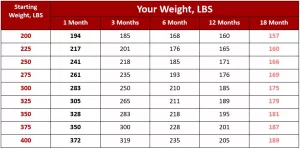
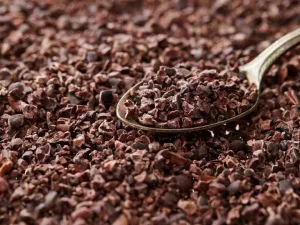



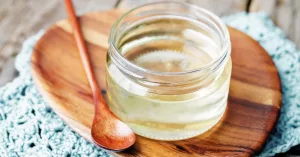
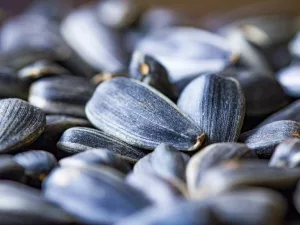






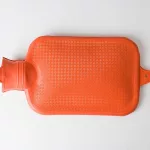
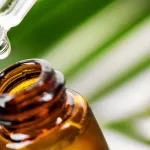
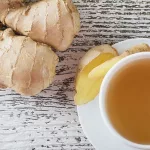





Leave a Reply
You must be logged in to post a comment.